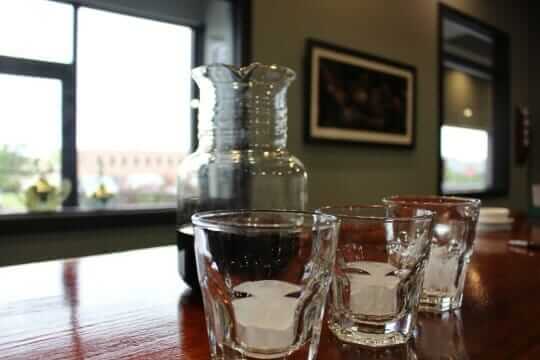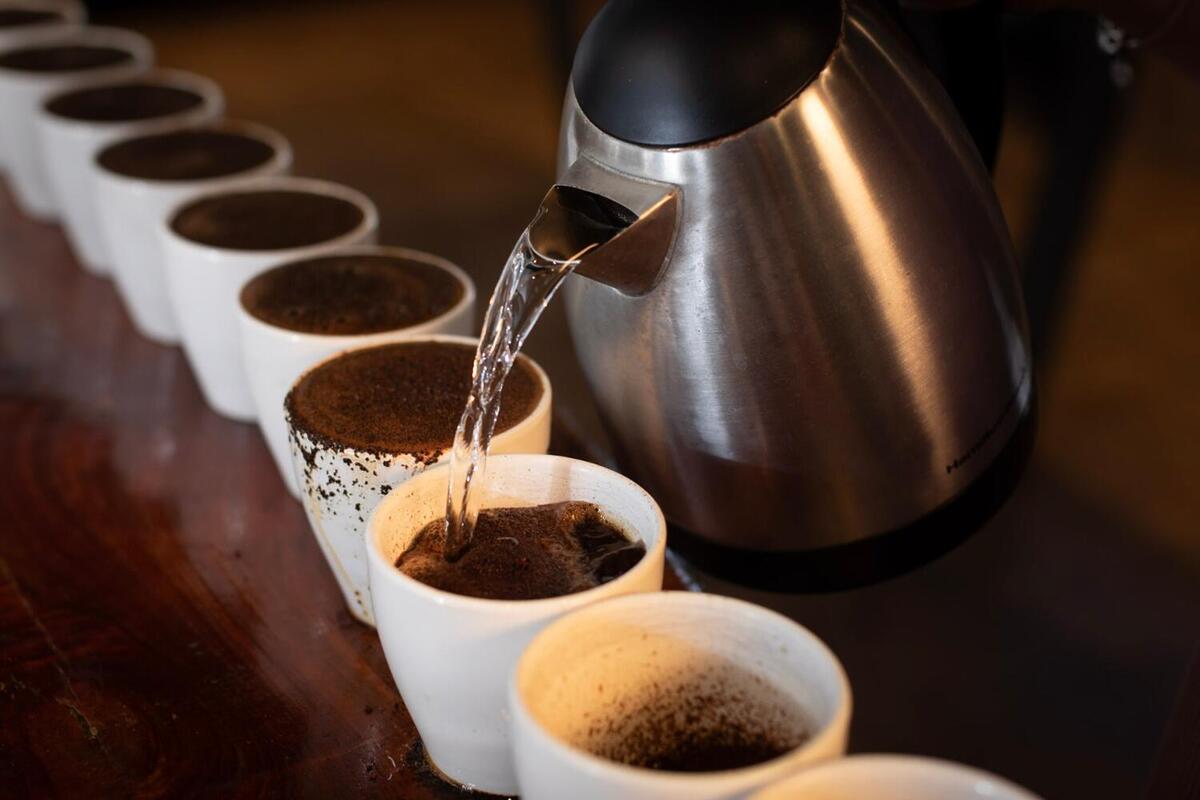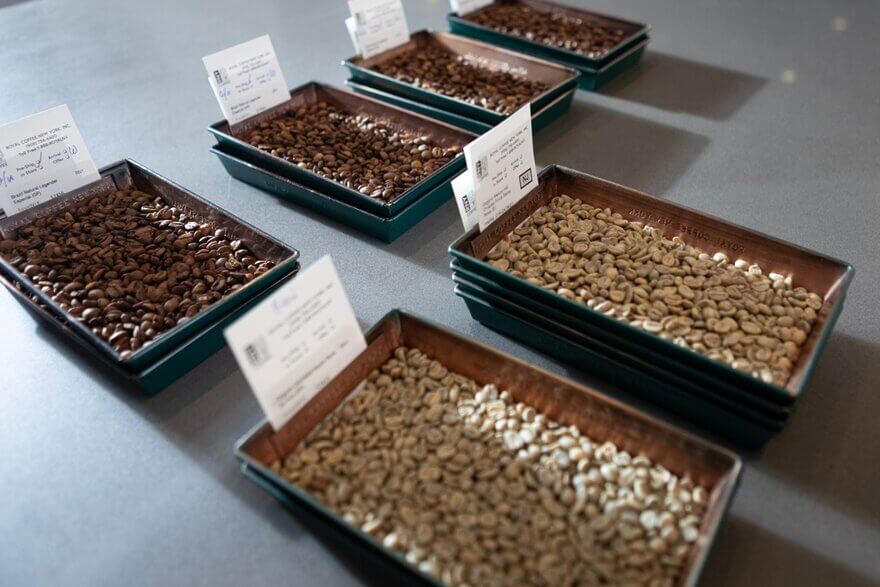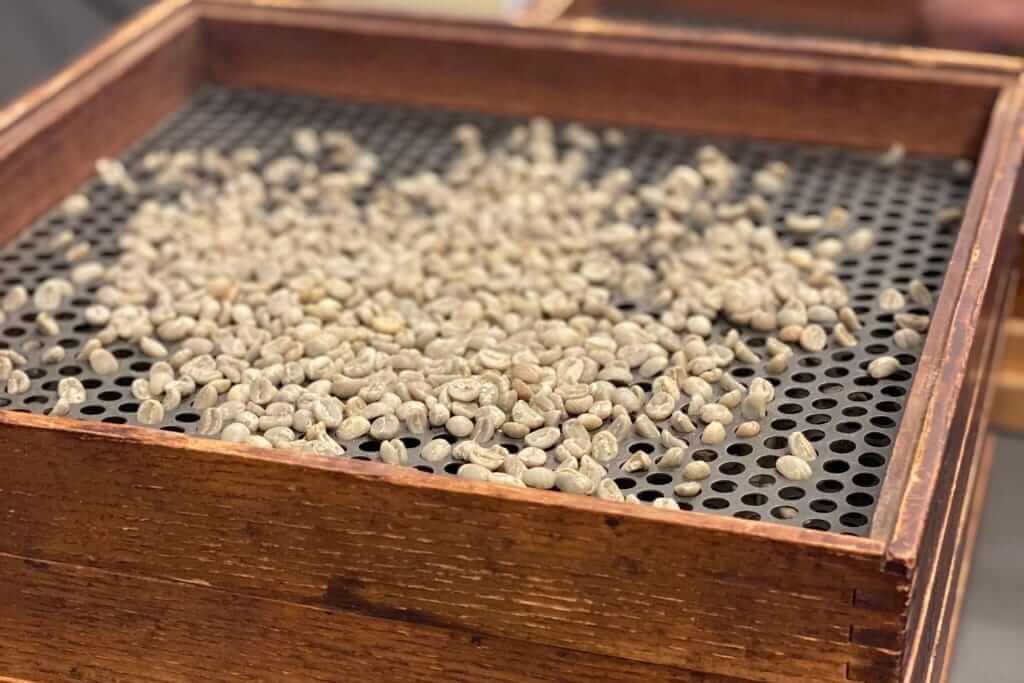FSMA Part 3: Cold Brew Safety
In part 3 of our FSMA series, we’ll be digging into cold brew safety. What do you need to know about cold brew from brewing, storing and distributing? Learn this and more in our continued dialogue with Ms. Schaffner.
Cold brew, you know all about it. It’s the brewing method that has been the craze over the last few years. It has been rapidly increasing in popularity and demand and it doesn’t look to be slowing down any time soon. Are you cold brewing coffee, tea or both for your shop? Wholesale? At home? What’s your recipe? Here at Royal NY, we are experimenting with different coffees and teas with our very own kegerator. Feel free to stop by our office for a nitro cold brew coffee and tea the next time you are in the area!

We set out to understand how FSMA may affect cold brew since for some it’s a huge portion of their business. Understanding the how, what and why of cold brewing may lend a support for your business today and in the future.
What do you see as a food safety concern when considering cold brewing of both coffee and tea?
When we asked Donna this question, she made it quite clear that there is indeed reason for caution regarding cold brewing.
Below is a list of her concerns:
- Without the proper processing, the product can easily develop mold and potentially allow growth of other microorganisms including dangerous pathogens.
Note: There have historically been several outbreaks of botulism in low-acid bottled juice products, and more recently there was an FDA recall of canned cold-brew coffee product because of the threat of botulism (a potent neurotoxin). Keep in-mind that the threat of consumer mishandling extends beyond the point-of-sale all the way to the point of consumption, for consumer-packaged products.
- There needs to be scientific data to support any shelf life claims.
- Preparing, serving, or storing at ambient temperatures without the proper processes would fall outside of safe food handling recommendations.
- If brewed and stored properly, with the product temperature maintained at 40°F or colder at all times, there would be a greater shelf life for the cold-brew product but Listeria monocytogenes would still be a consideration!
- For Listeria concerns, another food safety control would need to be implemented besides just maintaining product temperature at less than 40°F
- Additionally, a heat step or hot pasteurization would be a solution for reducing the threat of Listeria growth.
- High pressure (cold) pasteurization (HPP)* is another potential solution for controlling the growth of Listeria.
- This method is more expensive than heat pasteurization, but maintains the “cold” of the entire processing scenario.
- *so long as the ph of the product is 4.6 or less, it could be shelf stable after pasteurization
- if the ph is greater than 4.6 another food safety control (such as refrigeration of the final product until consumption) would need to be implemented
Note: Proper pasteurization kills Listeria, but cold pasteurization (HPP) does not kill spores, such as Clostridium botulinum).
What we recommend for cold brew safety:
- Three options to maintain product integrity:
1. Maintaining temperatures below 40 degrees F throughout the entire brewing process and supply chain to the customer. This step may also require an additional control to show that the product is listeria free. (Requires prominent consumer warnings on the package, instructing to keep cold <40°F until consumed”)
2. Retorting Pressure Vessels would be best used to eliminate the potential of clostridium botulinum spores.
3. Using preservatives.
- If you currently have a break in your process where the temperature of your cold brew exceeds 40 degrees F, then you run the risk of having your product recalled due to the concerns outlined above.
- It is up to the manufacturer to establish appropriate shelf life guidelines (and safe handling instructions) for their customer.
These main points are what we understand today as to be most pertinent regarding the shop owner/reseller of cold brew so that it limits the potential risks during product consumption. We suggest you create a written plan, recording each process and step. This adds validity to your process and maintains the possibility of a facility and processing inspection. We are committed to continuing this dialogue with all of you and will share information as often and as best we can.
Have more questions on FSMA & Cold Brew Safety?
To submit your FSMA related questions, please contact us or email education@royalny.com. We will do our best to respond in a timely manner.
This blog is available by Royal Coffee New York and Royal Tea New York for educational purposes only. It is to give general information and a general understanding of some food safety requirements. It is not provided for any specific food safety circumstance. This blog should not be used as a substitute for competent and qualified food safety guidance from a food safety professional.








